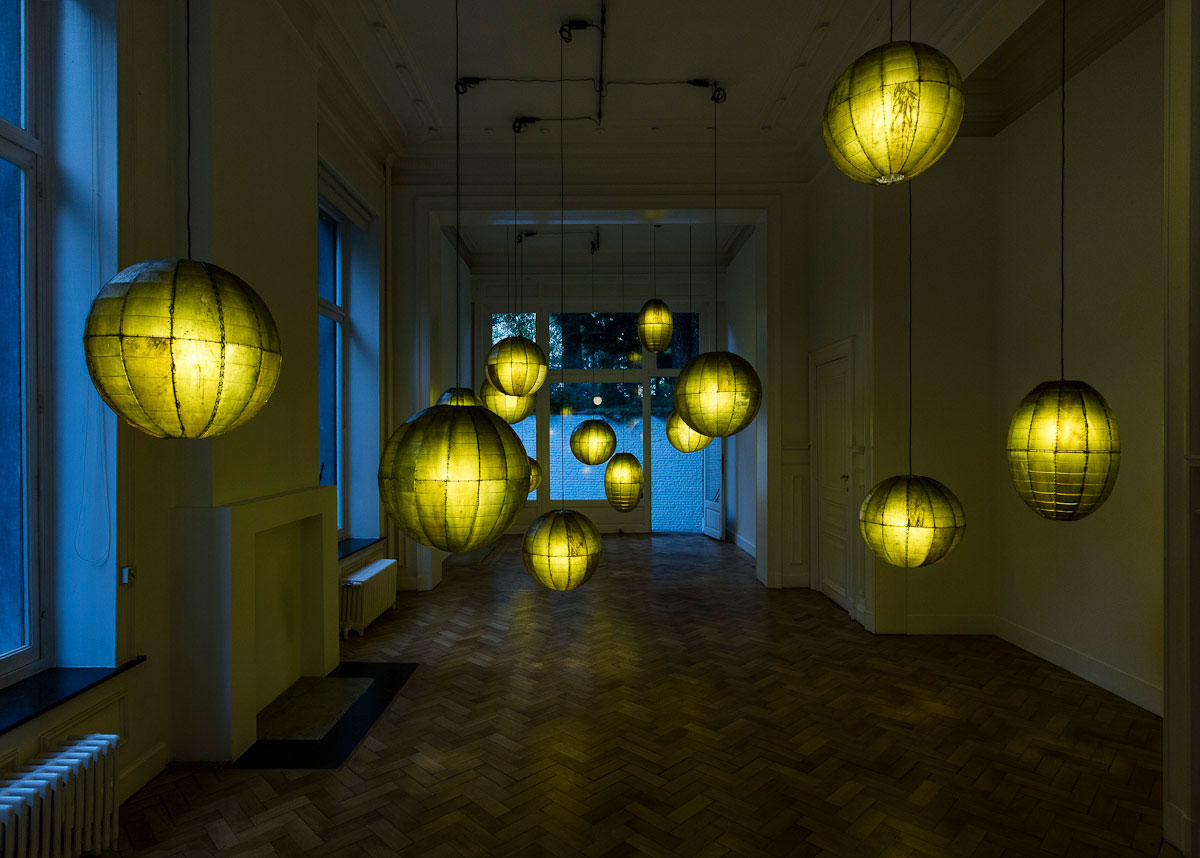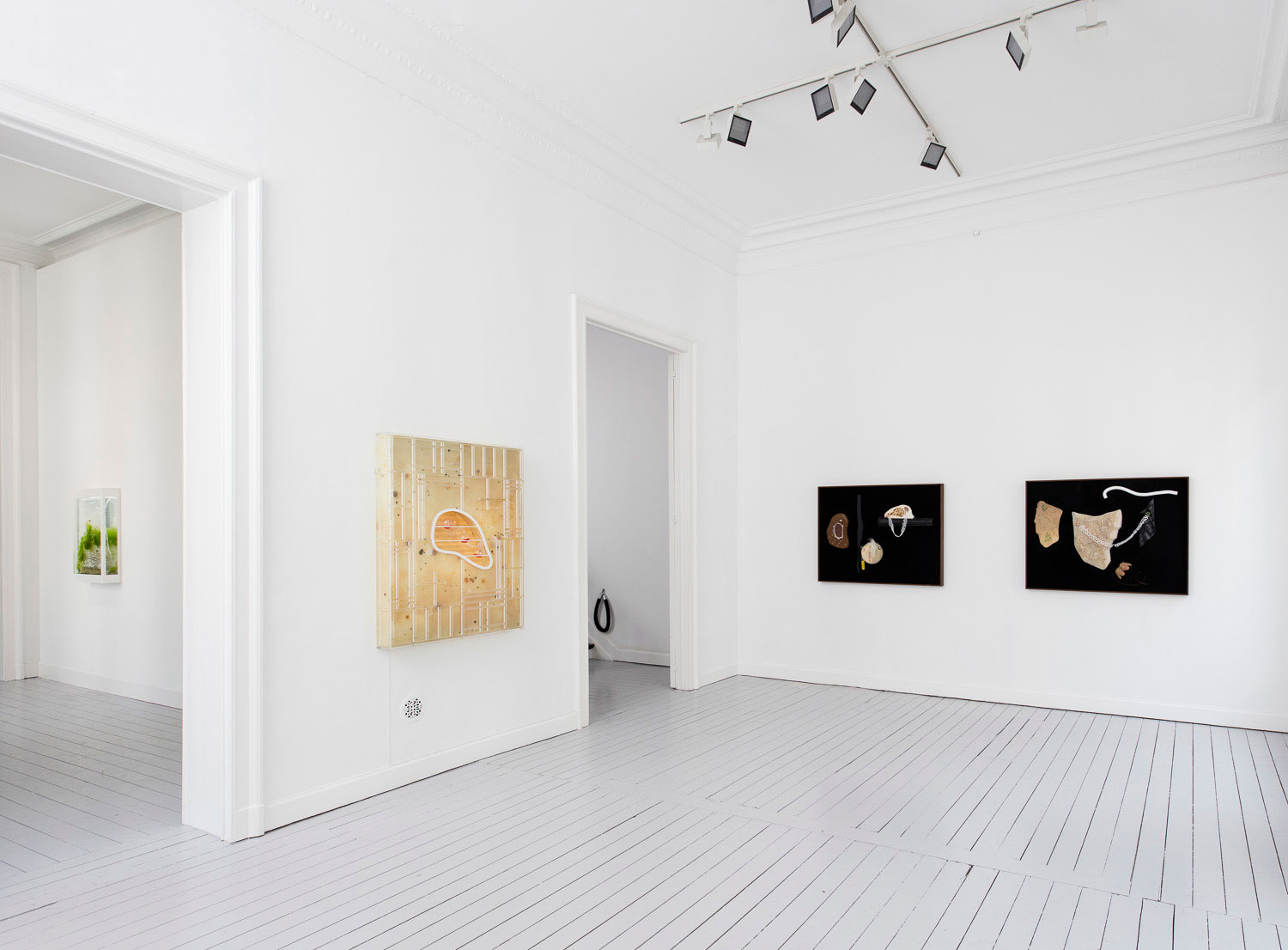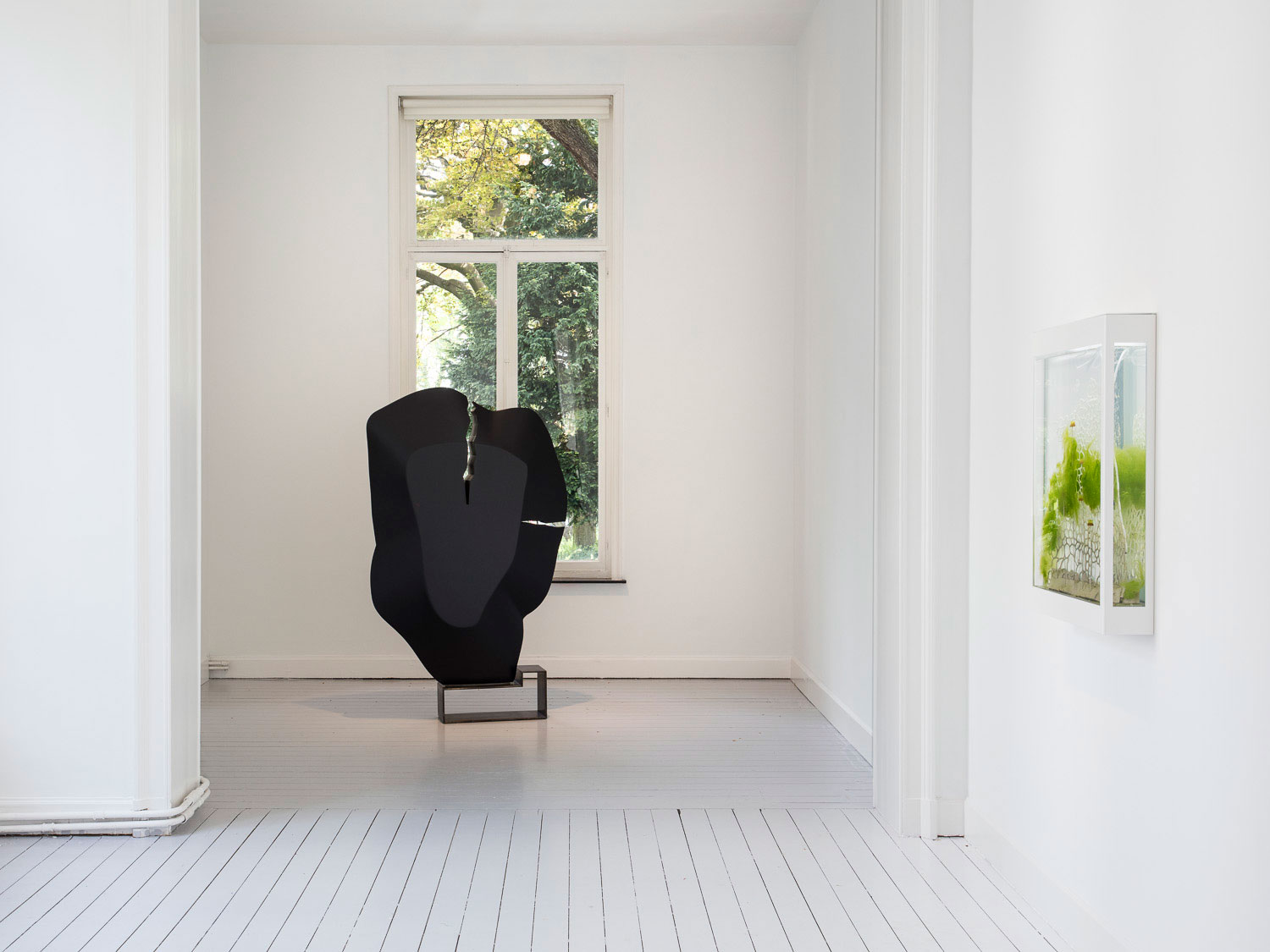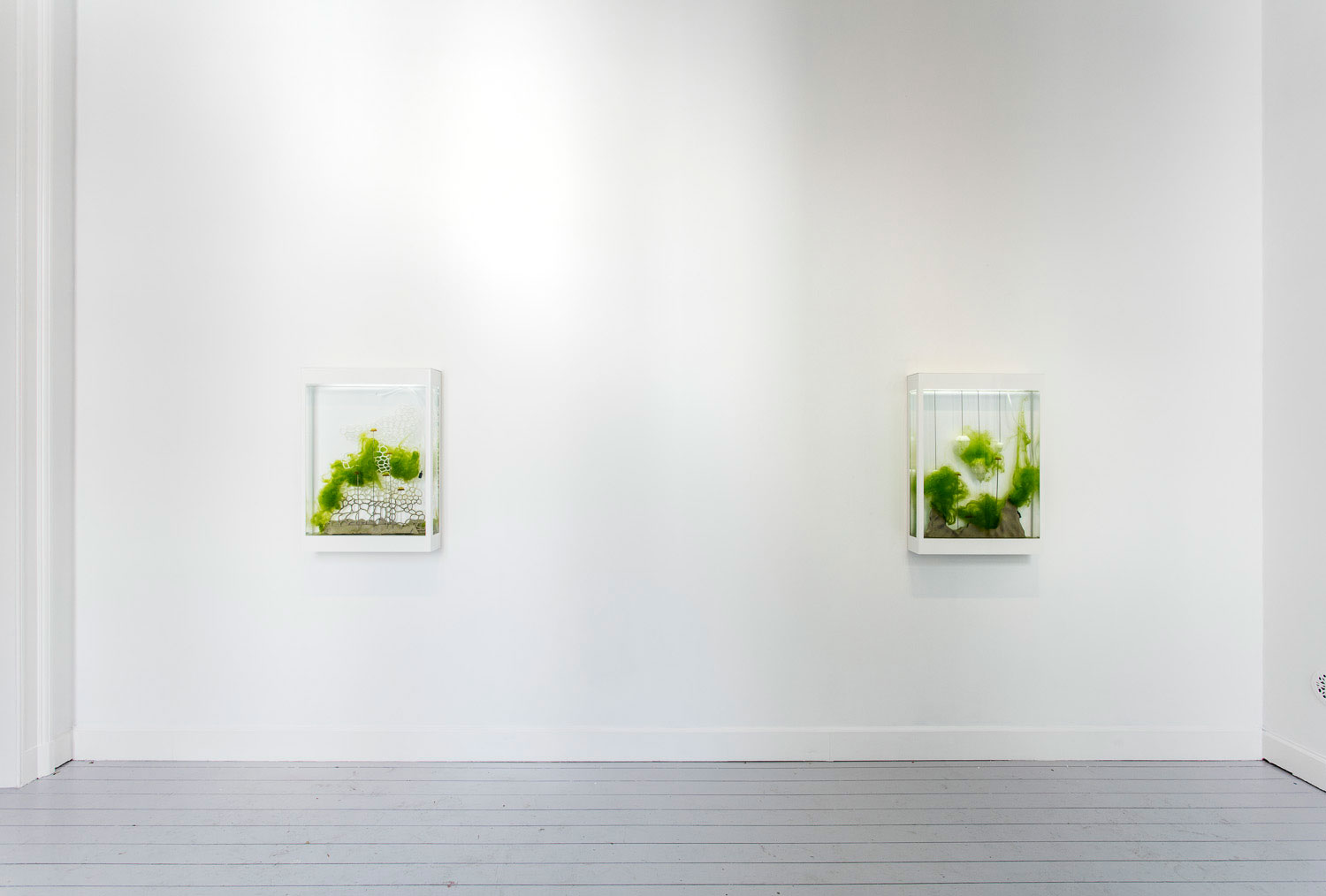ART CITIES:Brussels-Anicka Yi
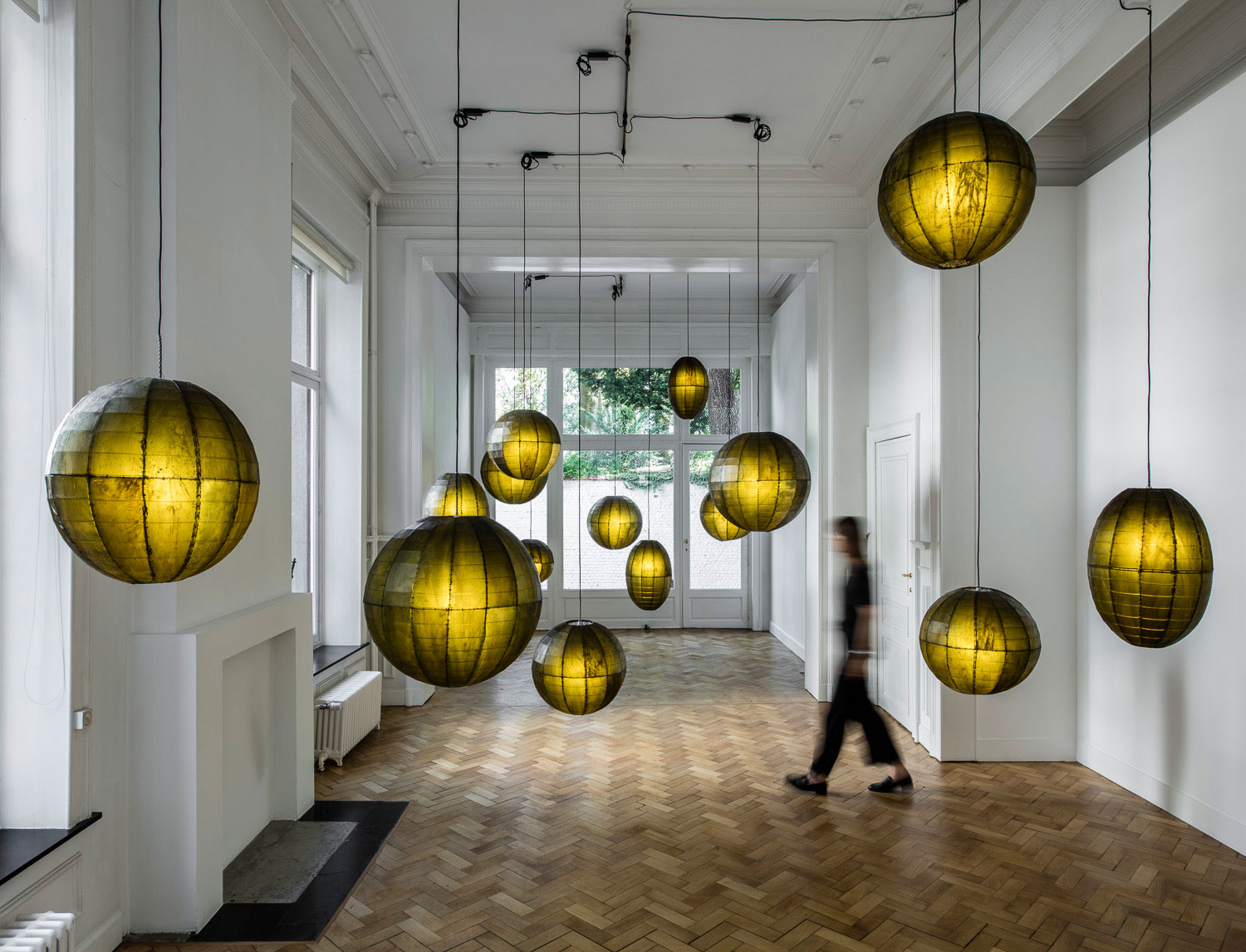 Drawing on research by scientists, biologists and perfumers, Anicka Yi has produced a unique body of work over the past 12 years, at the intersection of politics and macrobiotics. Yi is known for working with various materials including ants, fur, body fluids and bacteria, in installations, sculptures and films. The result of an alchemic process of experimentation, exploring often incompatible materials, her works are immersive, using 3D video or olfactory environments.
Drawing on research by scientists, biologists and perfumers, Anicka Yi has produced a unique body of work over the past 12 years, at the intersection of politics and macrobiotics. Yi is known for working with various materials including ants, fur, body fluids and bacteria, in installations, sculptures and films. The result of an alchemic process of experimentation, exploring often incompatible materials, her works are immersive, using 3D video or olfactory environments.
By Efi Michalarou
Photo: Gladstone Gallery Archive
As discoveries are made in the fields of microbiome research, artificial intelligence, and animal and plant cognition, traditional ideas of individual autonomy and human exceptionalism appear wholly inadequate. Fluid entanglements between lively and intelligent entities at both the micro and macro scale reveal to us that there is no defined center, no single inner voice or single self at the helm. Neat and tidy categories no longer serve as our current models struggle to keep pace with the rapid mutations of our bodies, technologies, and environments. In her solo exhibition “We Have Never Been Individual” Anicka Yi explores the potency and precariousness of entangled life in multiple spatial and temporal scales. Suspended throughout the gallery, Yi’s series of glowing spherical sculptures are upholstered with a stretched leather-like kelp, calling attention to the ecological history and exciting potential uses of algae, a powerful and shapeshifting entity comprising the largest biomass on the planet. As green and gold light shines through the variated kelp surfaces, the texture of scratches and scars on the “skin” of each sculpture suggest embattled aquatic life and remind us of our primordial crawl from the sea. Shadows of small animatronic insects flicker inside the sculpture walls, offering a humorous nod toward notions of autonomy and artificial intelligence, while also suggesting the presence of parasites, symbionts, or hive colonizers. In a second series, Yi creates minimalist microalgae and cyanobacteria aquascapes, focusing on the symbiotic partnership between these microorganisms, the basis of all terrestrial life on earth. Drawing inspiration from algae-exploiting, solar-powered sea slugs and contemporary aquaculture practices, Yi’s aquascapes are staged as mini-bioreactors, suggesting the human capacity to harness algae as a food and energy source, and hinting towards a more intimate symbiosis in the future. Within these living paintings are nested glass incubation chambers and fabricated insect eggs, evoking associations with bodily fluids, gestation, and disease. In contrast to these minimalist scapes, Yi includes a set of intricate and richly colored bacterial light panels. Bacterial cultures are UV-printed on the surface of the panels, interweaving with an abstracted architectural pattern that references computer networks and urban infrastructural grids. Central to the exhibition are the hypertextural and tactile “Techno-Geo” sculptures, which muddy the imperfect categorizations of natural, synthetic and trans-natural through a collage of organic, geological, and industrial elements. Fossilized remnants of animals and plants emphasize blurred ecological boundaries as evolutionary trajectories are compressed, accelerated, and expanded through time. Delicate, connection points between the sculptural components underscore the unhinged, teetering balance between living species and the damaged and hazardous terrain of manufactured environments. The uncertain distinction between natural elements and synthetic intervention suggests that the status of “natural” is always changeable. Whether through simulation, biomorphism, or mimicry – nature is a concept that is constantly in drag as itself. In We Have Never Been Individual, assemblages masquerade as wholes, robots pose as insects, plant flesh mimics animal flesh, life resembles death and vice versa. Within this matrix of shifting impersonations, the modern mythology of the human proves to be an outdated disguise for something at once smaller, greater, and more complex than we had imagined.
Info: Gladstone Gallery, 12 Rue du Grand Cerf, Brussels, Duration: 23/4-15/6/19, Days & Hours : Tue-Fri 10:00-18:00, Sat 12:00-18:00, https://gladstonegallery.com
